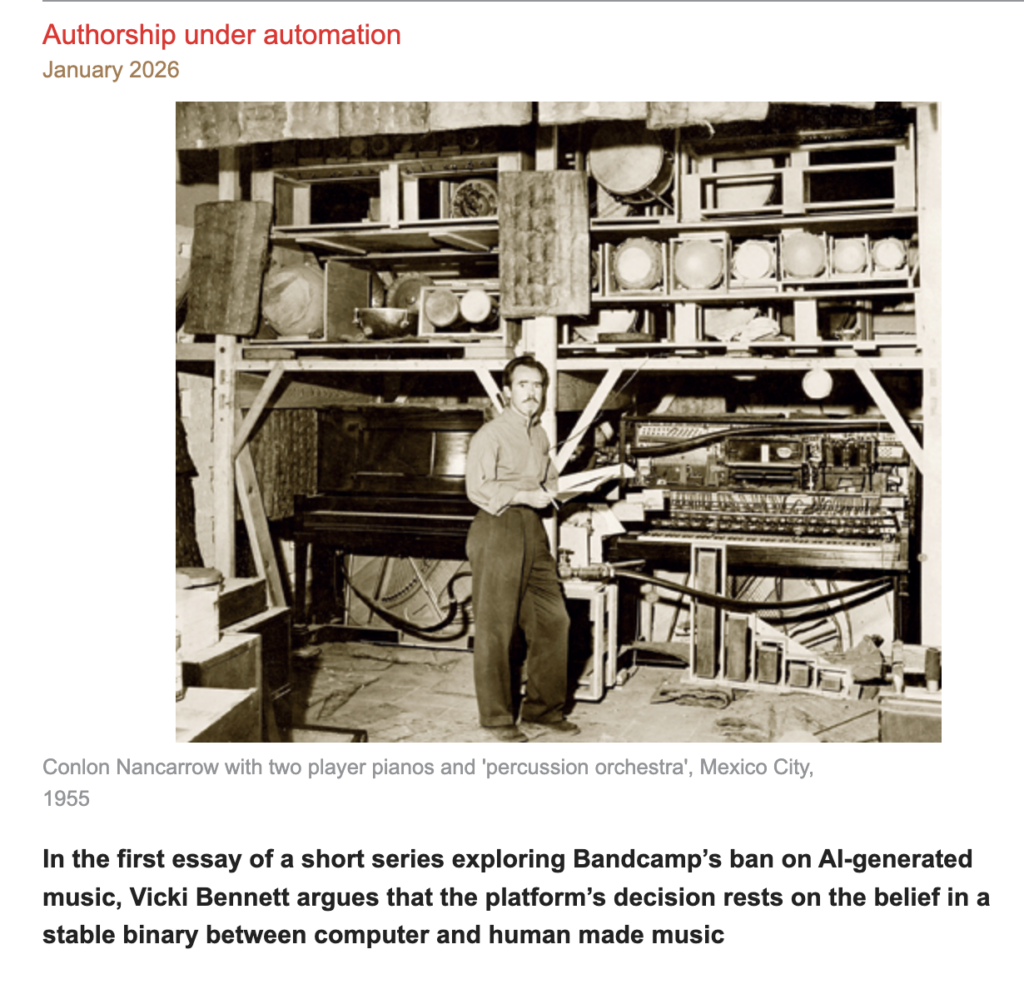
Just wrote this piece for The Wire magazine:
https://www.thewire.co.uk/in-writing/essays/authorship-under-automation
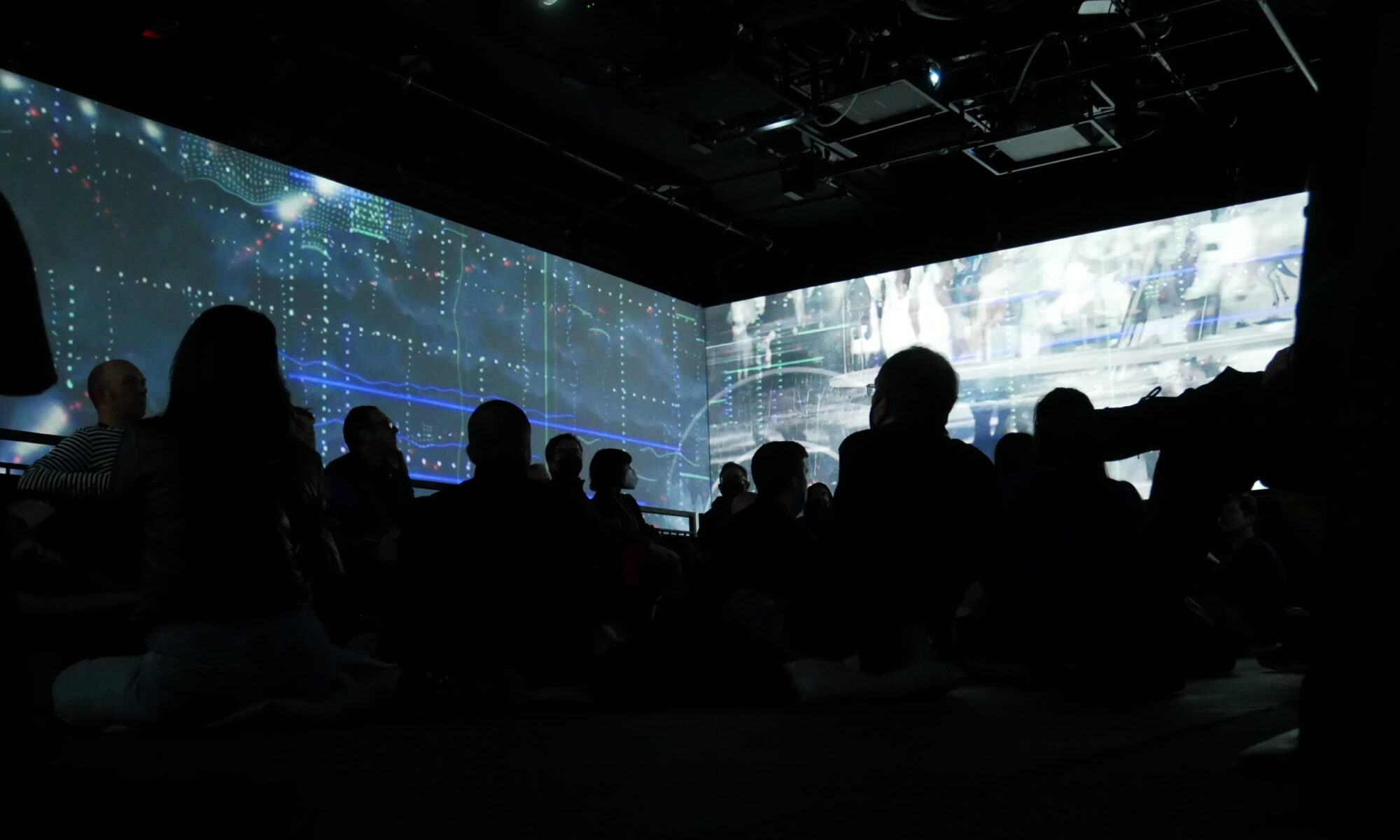
Welcome to the only official site for People Like Us and Vicki Bennett

Just wrote this piece for The Wire magazine:
https://www.thewire.co.uk/in-writing/essays/authorship-under-automation

Vicki from People Like Us will be doing a fill-in show for Ken Freedman:
🗓 24 December 2025
📻 Live on WFMU
DO or DIY with People Like Us
🕘 9am–12 noon (NY time)
Live playlist + comments during the show already here: Wfmu.org/playlists/shows/159286
Warning and possible reassurance: NO Xmas music here!

I’ve relaunched my album fundraiser, keeping it open for new pledges until 31 December 2025. When IndieGoGo changed ownership, they reset all campaigns in progress and suddenly showed them as “100% funded”, even if we hadn’t met our goals. So to be clear: our campaign was NOT fully funded, even though it looked that way, and it wiped out the momentum of our final push, since it looked like we made our goal.
All related costs are covered and fully paid for. I always put my own income last, and it’s that part that is underfunded now – actually being able to pay myself for the months of work it takes to make the album and stay afloat.
If you’d like to support, share, or add to your pledge, you can do so here:
www.indiegogo.com/en/projects/vickibennett/people-like-us-new-album-cd-and-lathe-cut-vinyl
Thank you so much for your support so far!
Had a fun conversation with three friends a few weeks back, which has now been edited into a podcast which you can listen to above on University of Minnesota Press site.
What is the opposite of “big” data? In a society where households commonly store personal archives of photos, financial records, and other documents, the “little” database—the personal data collection that is stored and backed up and not accessed frequently—deserves a category of its own. In The Little Database: A Poetics of Media Formats, Daniel Scott Snelson examines globally accessible little databases, such as Textz, Eclipse, and UbuWeb, explores how digital archives dramatically transform the artefacts they host, and asks how they might help us better understand our own private collections in turn. Snelson is joined in conversation with Vicki Bennett, Craig Dworkin, and Luca Messarra.
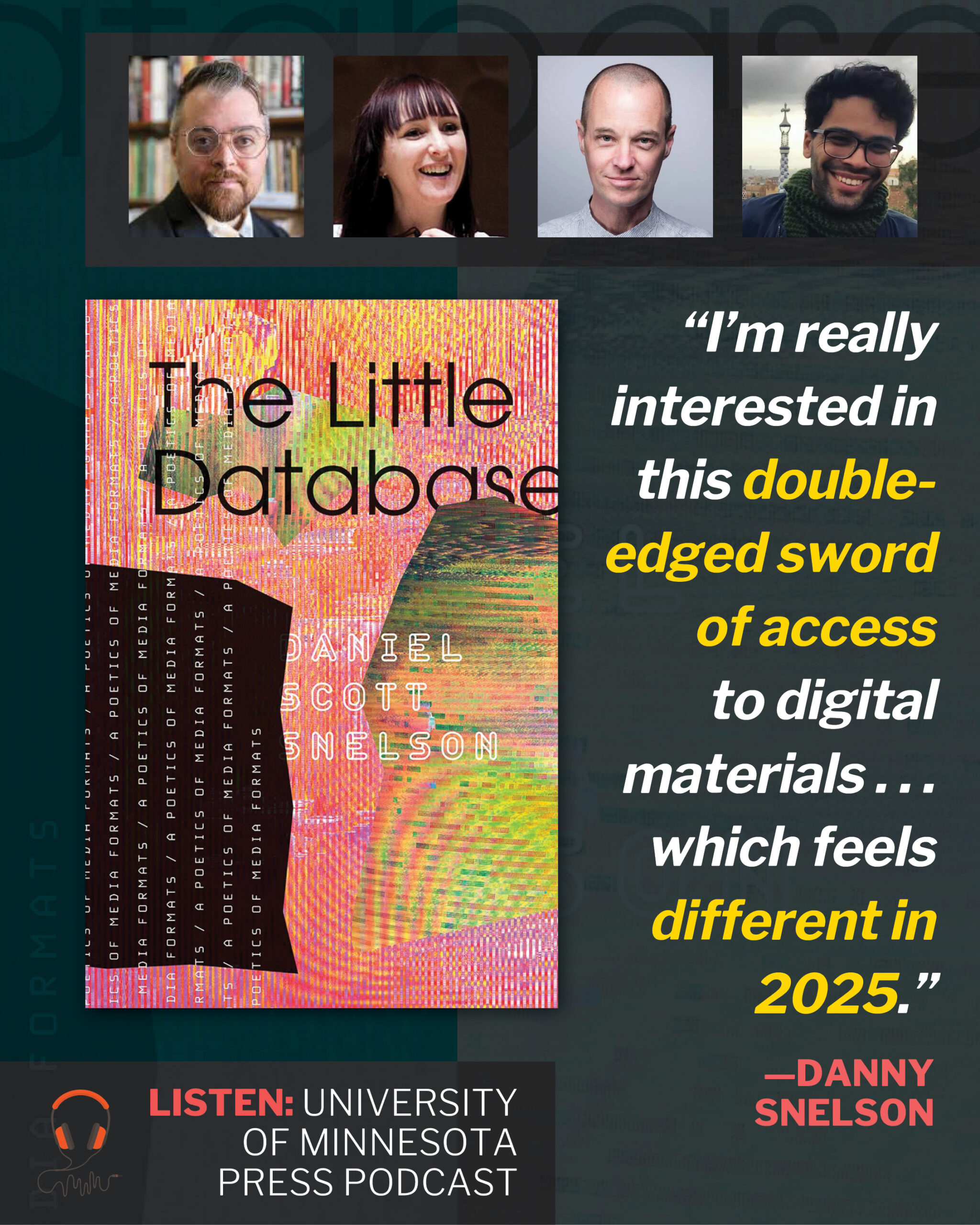
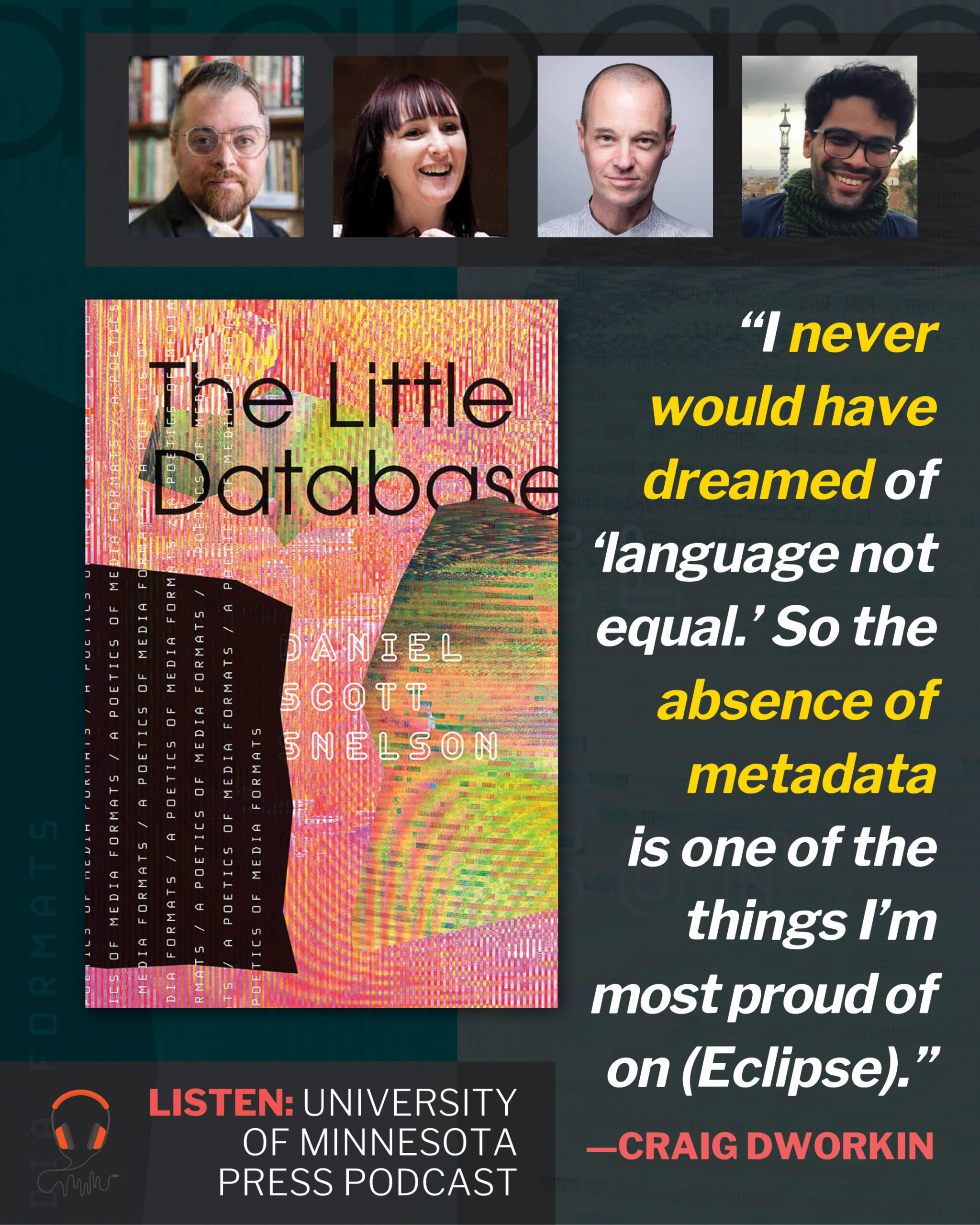
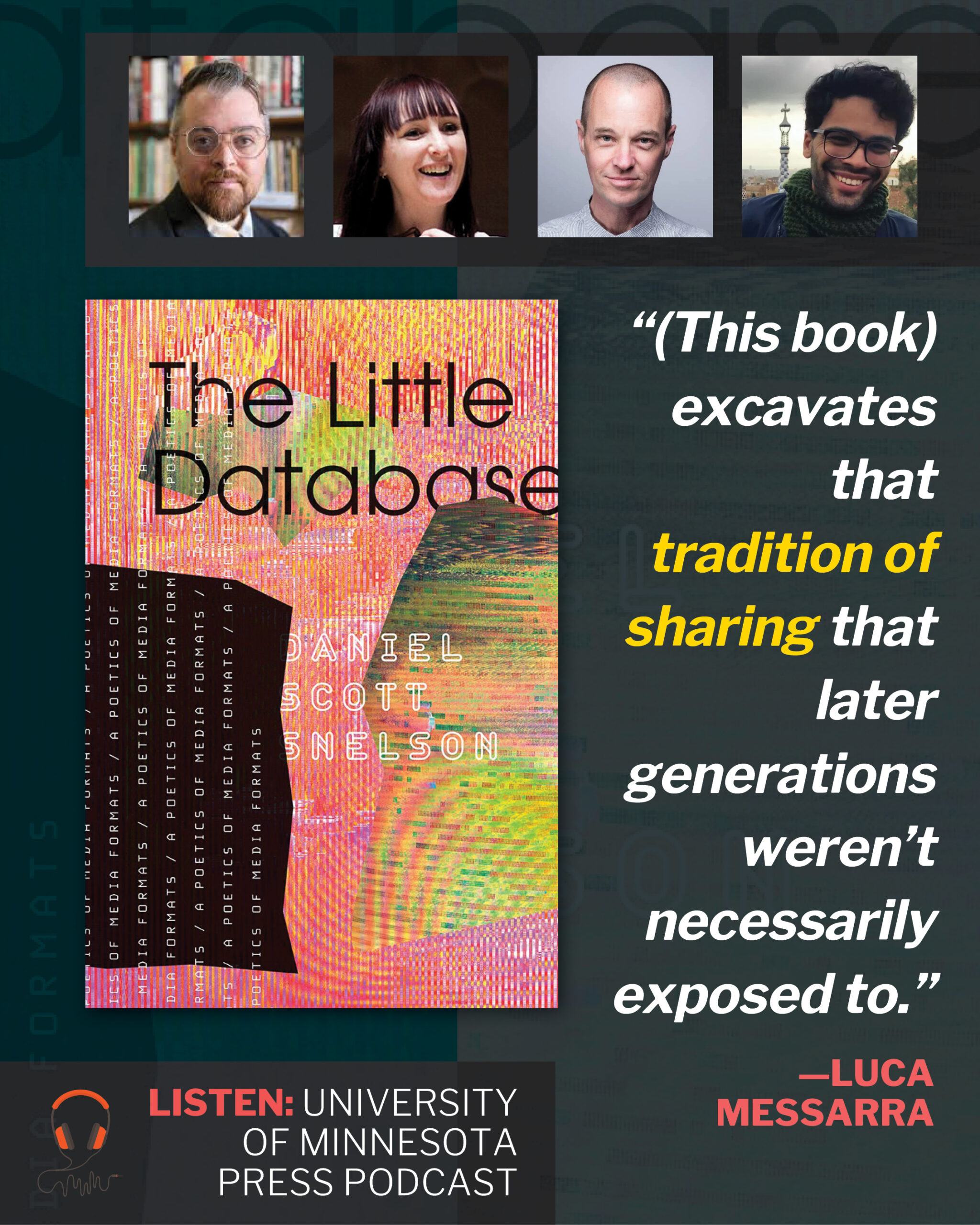
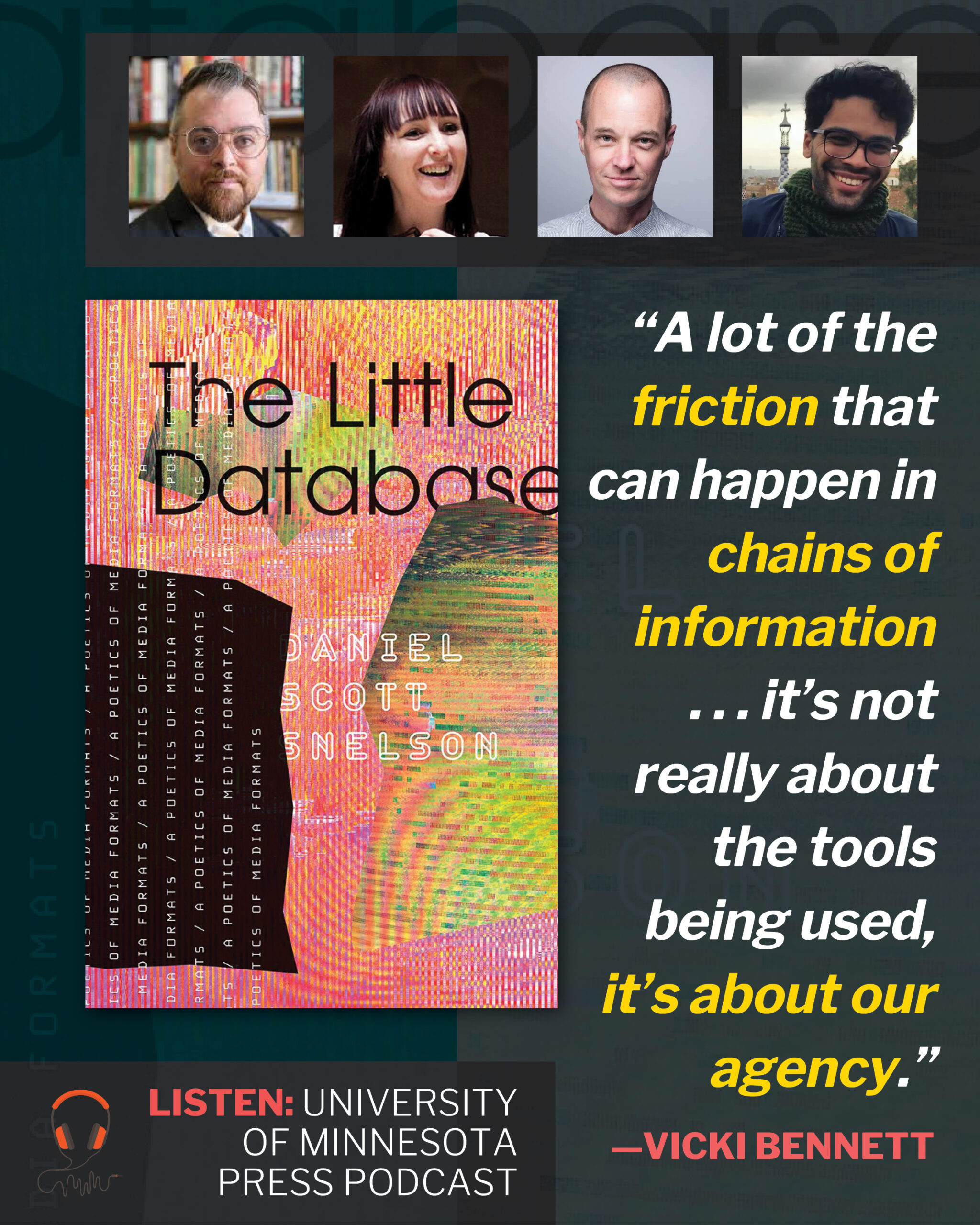

We made a tribute mix on Mona’s show on WFMU to Dave Ball of Soft Cell and The Grid who passed away on 22 October 2025.
Listen here and read the comments. https://wfmu.org/playlists/shows/157508
Has been most excellent to co-create a new video for The Soft Pink Truth alongside animator Matthew Murray Sullivan – “Time Inside the Violet”, features Drew Daniel (Soft Pink Truth), M.C. Schmidt on piano, and strings arranged and played by Ulaş Kurugüllü, accompanied by Filippo Tramo (French Horn), Elin Andersson (Trumpet), Simon Fransman (Trombone), and Nicklas Dahlin (Saxophone). We made the disruptive mincemeat-and-worms middle section of this video.
SPT’s new album “Can Such Delightful Times Go On Forever?”, comes out on the Thrill Jockey label on January 30th. Pre-order the LP/CD/digi from Thrill Jockey Records, Bandcamp and other purveyors of music.
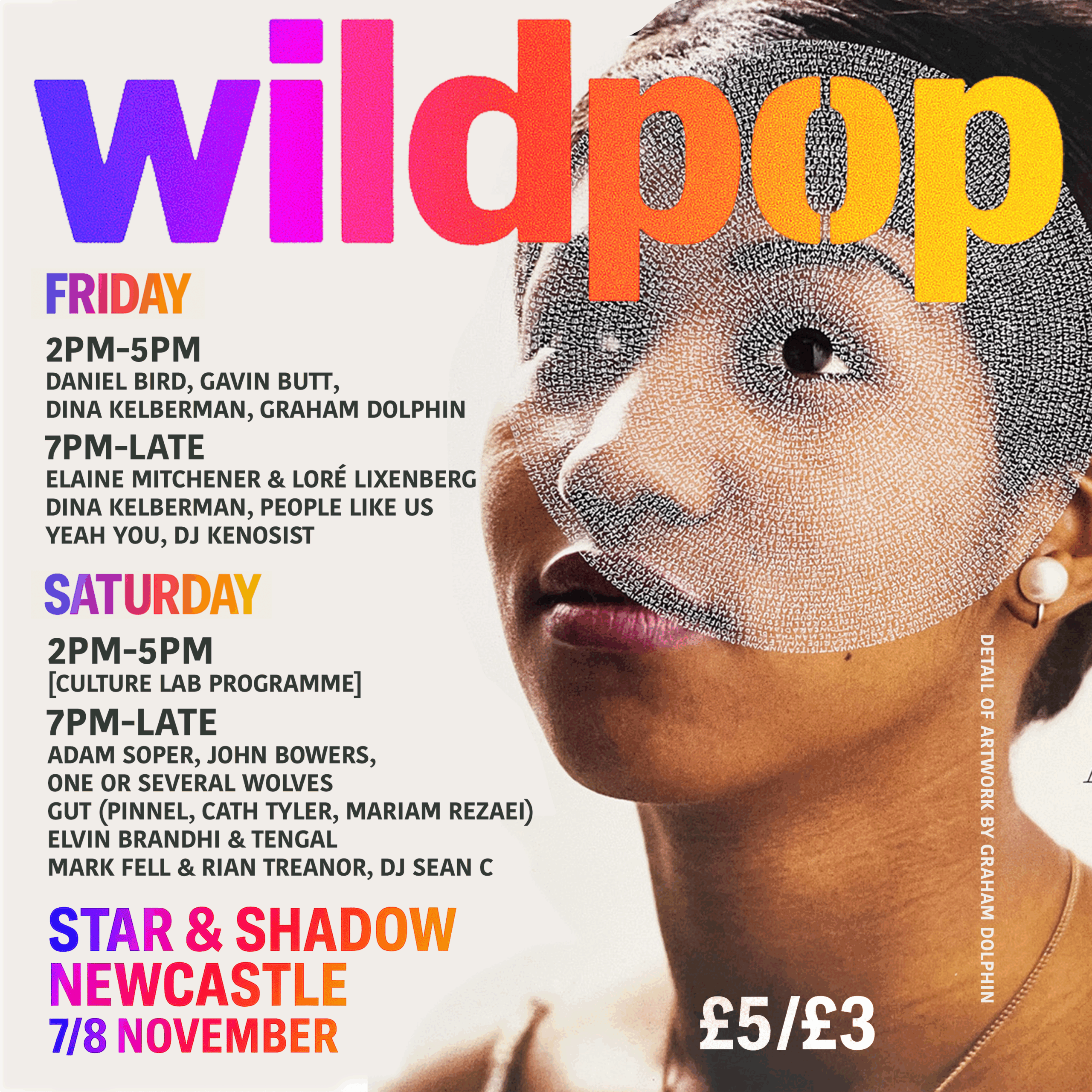
Star & Shadow Cinema, Newcastle / Afternoon session is free; evening programme £5/3
starandshadow.org.uk
In collaboration with Culture Lab (Newcastle University), wildpop 2025 takes place across Culture Lab and Star & Shadow Cinema. It’s a lot of info so just look at the poster 🙂
7 Nov: After morning sessions at Culture Lab, 2–5pm artist presentations at Star & Shadow feature Daniel Bird, Gavin Butt, Dina Kelberman, and Graham Dolphin. The evening programme follows with performances by Elaine Mitchener & Loré Lixenberg, Dina Kelberman, People Like Us, and YEAH YOU, and DJ Kenosist.
8 Nov: Morning and afternoon conference-style presentations and roundtables at Culture Lab lead into the evening performances by Mark Fell, Rian Treanor, Elvin Brandhi + Tengal, One or Several Wolves (Toi Guy, Mark Wardlaw, Stewart Smith), GUT (Pinnel, Cath Tyler, Mariam Rezaei), John Bowers (GLOW), and Adam Soper (BLACK BILE: Melancholy, Hauntings, and Hope for Change), and DJ Sean C.
Culture Lab daytime sessions (10am–5pm) are free to attend. https://wild-pop.org/
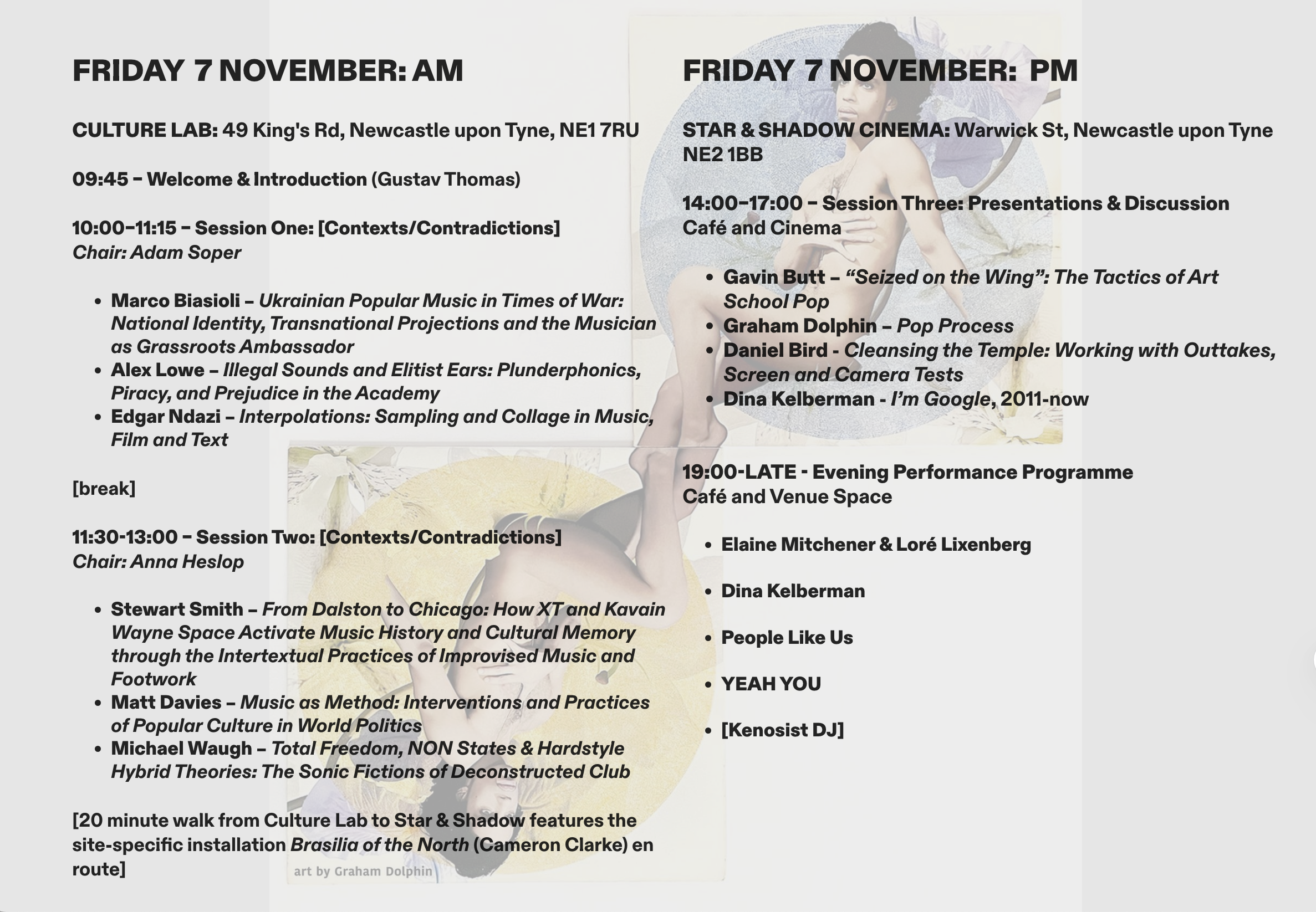

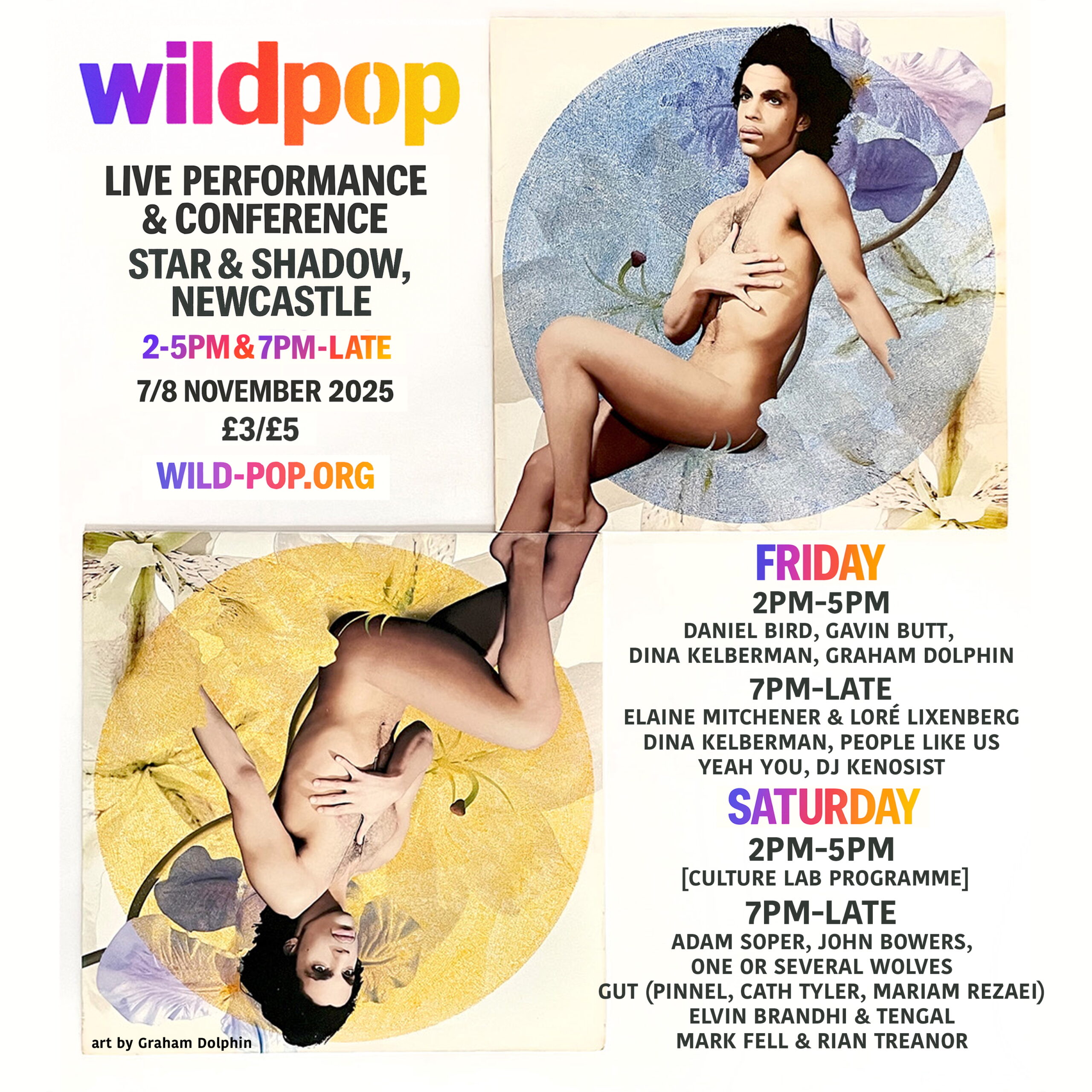
I launched my IndieGoGo campaign last night for my new album 1000 Platypuses, and I’d love your support. This fundraiser aims to cover 100 days of creative work — the time required to compose, edit, and record the album.
Every early pledge really helps build momentum and shows others that this project is worth supporting.
There are numerous perks available — including pre-release downloads, signed CDs, handmade lathe-cut vinyl, and original collages — but even a small contribution or sharing the link would mean a great deal.
Here’s the campaign: https://www.indiegogo.com/projects/people-like-us-new-album-cd-and-lathe-cut-vinyl/x/30066999

On Saturday June 7th at noon, author Tom Comitta will discuss their new book People’s Choice Literature: The Most Wanted & Unwanted Novels on the Edendale Library Zoom at 11 a.m. PST with legendary UK sound collage artist Vicki Bennett aka People Like Us.
Yesterday Tom and the book got a massive writeup in the New York Times!!
https://www.nytimes.com/2025/06/02/books/review/peoples-choice-literature-tom-comitta.html
Tom based the two halves of People’s Choice Literature on a nationwide poll of the elements that Americans claim to prefer most in a novel, as well as those they like least. Giving the people exactly what they want, The Most Wanted Novel is a fast-paced thriller evoking page-turners by Dan Brown and David Baldacci, in which a California woman teams up with a hunky FBI agent (with a tragic past) to solve her brother’s kidnapping, getting drawn ever deeper into a tech tycoon’s apocalyptic ambitions. Then, in an epic synthesis of what nobody wants, The Most Unwanted Novel is an epistolary Christmas novel set on a near-future Mars, where elderly aristocratic tennis players scour the globe for lost love, venturing from arctic wastelands to the dark caverns of the macabre, featuring sentient robots, talking animals, and a hundred-page collection of horror stories along the way. A wild ride!
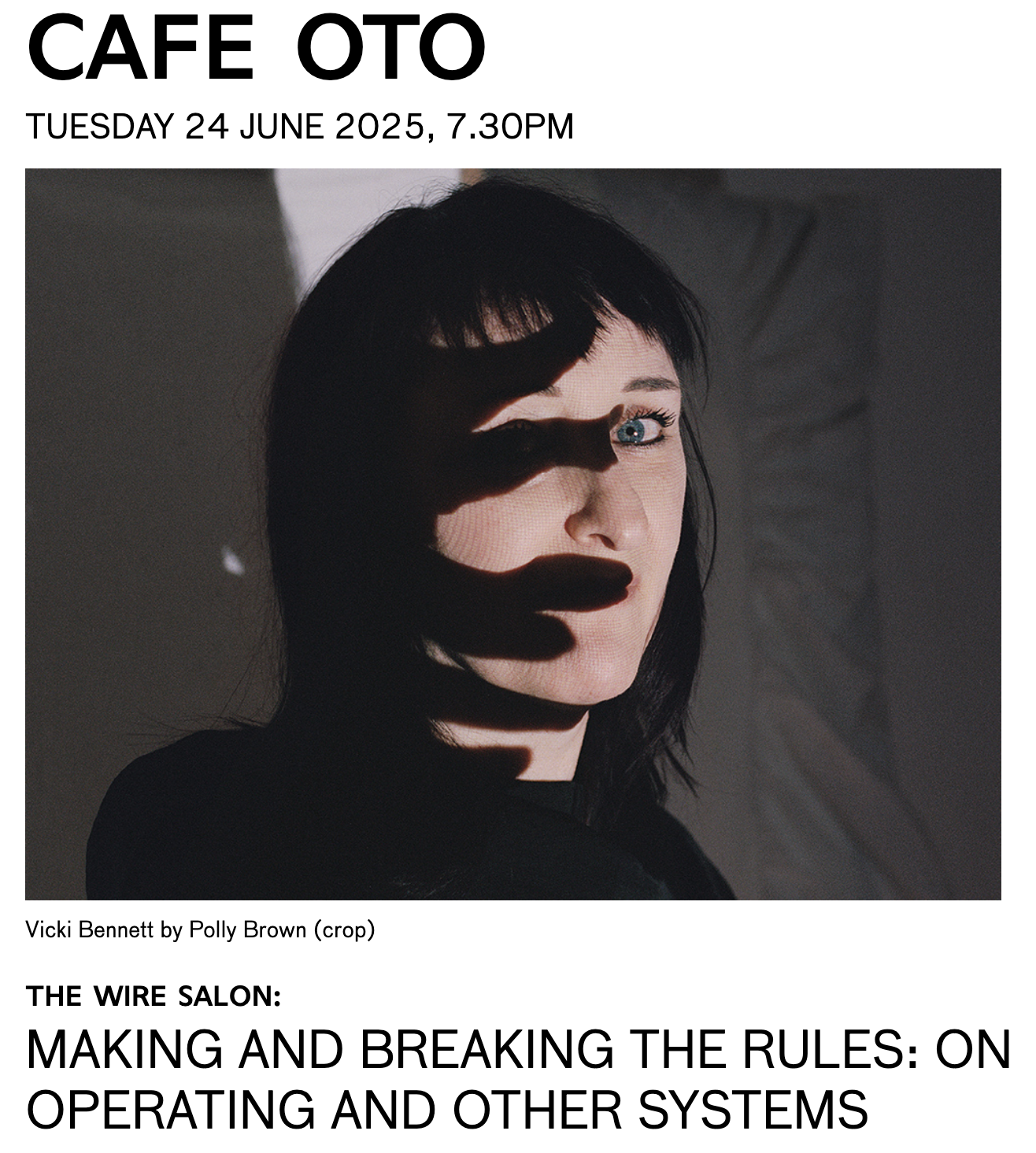
The third in a series of events hosted by The Wire magazine looking at the impact of AI on contemporary music making. Tickets
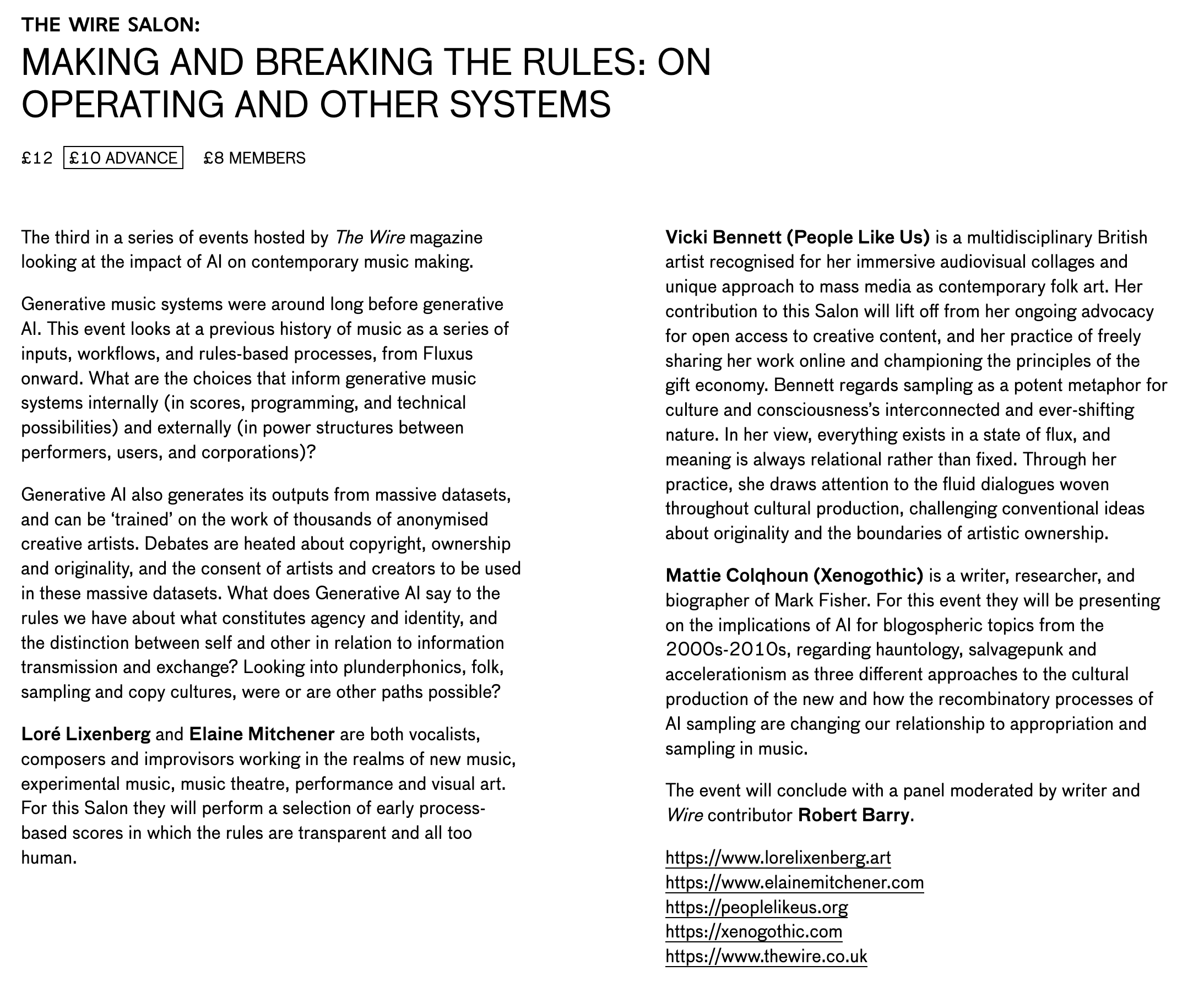
Generative music systems were around long before generative AI. This event looks at a previous history of music as a series of inputs, workflows, and rules-based processes, from Fluxus onward. What are the choices that inform generative music systems internally (in scores, programming, and technical possibilities) and externally (in power structures between performers, users, and corporations)?
Generative AI also generates its outputs from massive datasets, and can be ‘trained’ on the work of thousands of anonymised creative artists. Debates are heated about copyright, ownership and originality, and the consent of artists and creators to be used in these massive datasets. What does Generative AI say to the rules we have about what constitutes agency and identity, and the distinction between self and other in relation to information transmission and exchange? Looking into plunderphonics, folk, sampling and copy cultures, were or are other paths possible?
Loré Lixenberg and Elaine Mitchener are both vocalists, composers and improvisors working in the realms of new music, experimental music, music theatre, performance and visual art. For this Salon they will perform a selection of early process-based scores in which the rules are transparent and all too human.
Vicki Bennett (People Like Us) is a multidisciplinary British artist recognised for her immersive audiovisual collages and unique approach to mass media as contemporary folk art. Her contribution to this Salon will lift off from her ongoing advocacy for open access to creative content, and her practice of freely sharing her work online and championing the principles of the gift economy. Bennett regards sampling as a potent metaphor for culture and consciousness’s interconnected and ever-shifting nature. In her view, everything exists in a state of flux, and meaning is always relational rather than fixed. Through her practice, she draws attention to the fluid dialogues woven throughout cultural production, challenging conventional ideas about originality and the boundaries of artistic ownership.
Mattie Colqhoun (Xenogothic) is a writer, researcher, and biographer of Mark Fisher. For this event they will be presenting on the implications of AI for blogospheric topics from the 2000s-2010s, regarding hauntology, salvagepunk and accelerationism as three different approaches to the cultural production of the new and how the recombinatory processes of AI sampling are changing our relationship to appropriation and sampling in music.
The event will conclude with a panel moderated by writer and Wire contributor Robert Barry.
https://www.lorelixenberg.art
https://www.elainemitchener.com
https://peoplelikeus.org
https://xenogothic.com
https://www.thewire.co.uk

People Like Us will perform The Library of Babel at donaufestival, Krems, Austria on Saturday 10th May 2025
You can get info and tickets here: https://www.donaufestival.at/en